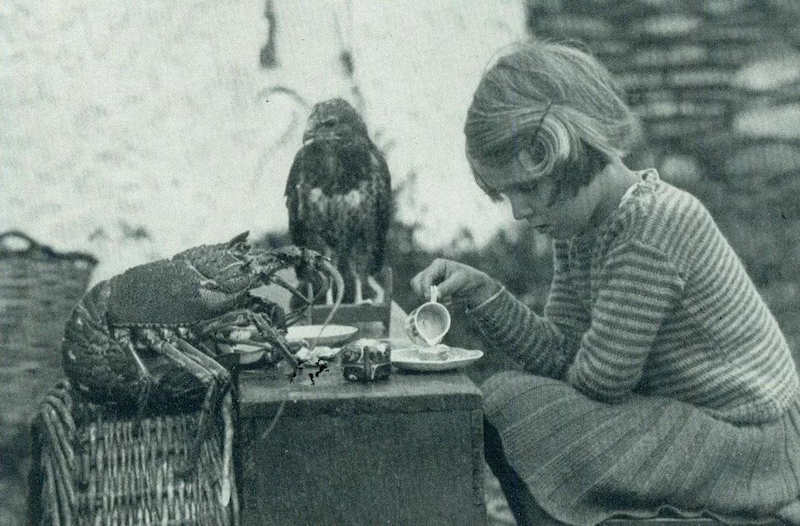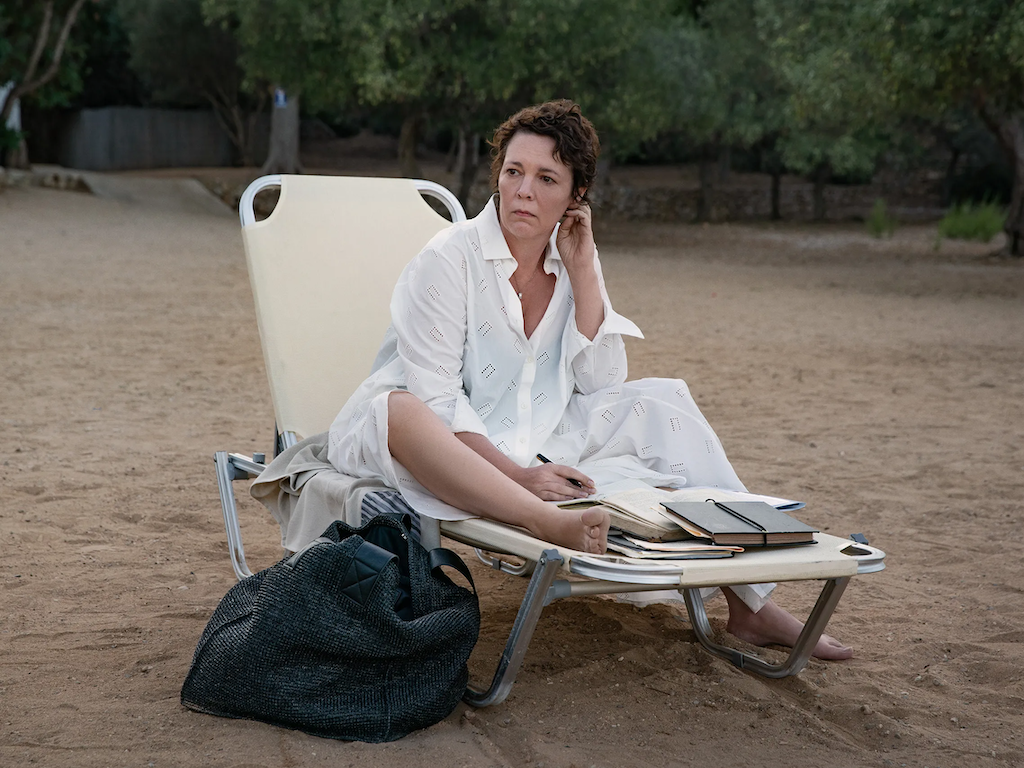We're now at the point in summer where I wake up daily willing it to end. I'm sick of 90 degrees and 70% humidity. I walked around the city in a long skirt the other day and by the time I got to my train, it was fully stuck to my legs like papier-mâché. That's not a fixable problem; there's no product with the power to mitigate my body's desperate attempts at temperature regulation. Suffering or never leaving the air-conditioned indoors are the only solutions. This Virginia Woolf line from a letter to Edward Sackville-West (fellow writer and her lover Vita's cousin) perfectly sums up my mood:
I feel entirely dehumanised by the sun now and wish for fog, snow, rain, humanity.
Give me gloom, chill, and crunchy-ass leaves. I want to drink hot coffee on my patio without dripping sweat. The next time I see the guy in my neighborhood who reads a book while walking his dog, I want to run into the street and force him to explain himself without worrying about heatstroke. I'm ready for Ray Bradbury's September when summer is "[nailed] into a series of coffins" a la the boarded up beach hot-dog stands. Give me a cool, crisp breeze or give me death!
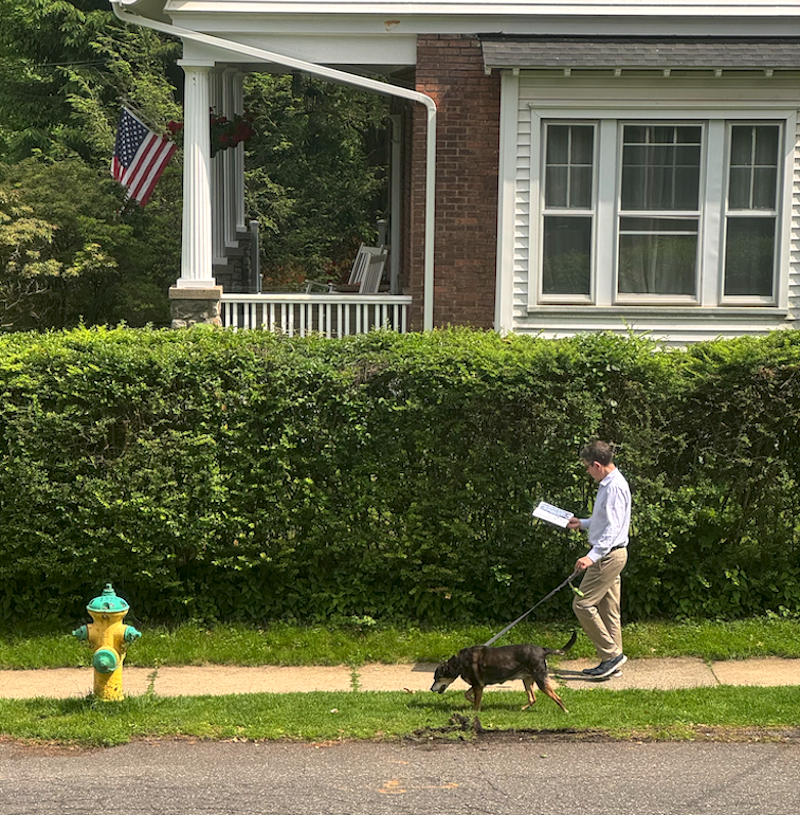
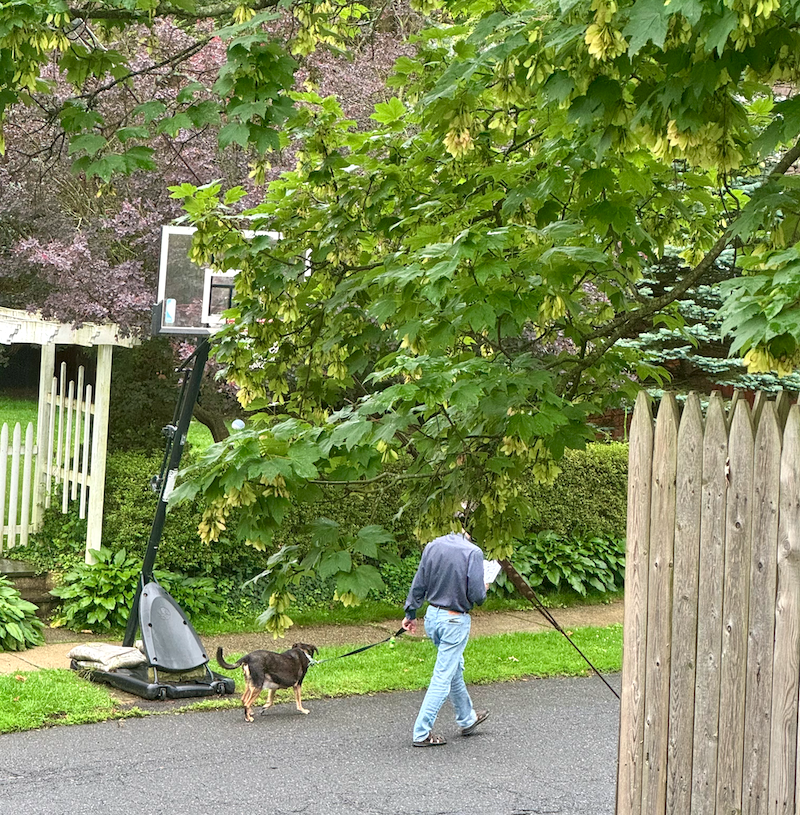
For posterity, here's the book-reading dog walker. I choose to believe he's reading Terry Tempest Williams.
Here's what I've been thinking about as a fan oscillates quietly in the background...
Is "Too Much" worth watching? Eh. Like everything Lena Dunham does, it's well-directed, but the script and cast are lacking. Compare it to the cringe brilliance of "Girls" and you'll be sorely disappointed. Created by Dunham and her husband Luis Felber, the show roughly mirrors the start of their real-life relationship. After Dunham and Jack Antonoff broke up in 2017 (s/o to the Powerpoint that lives in my head rent free), work brought her to the UK: first to Wales to direct the "Industry" pilot in 2019, followed by a move to London in 2021 for "Catherine Called Birdy." While there, she met Felber, and the two were married less than a year later.
In the show, Meg Stalter plays Jessica, Dunham's stand-in, to varying degrees of tolerability. For the most part, I found her ill-suited to the demands of the role, especially any scene that required emotional complexity. As much as I enjoy Will Sharpe (Felix, the Felber surrogate), he didn't do much for me, either. His performance is pretty one-note despite a decently fleshed out backstory. Jessica and Felix are Temu Hannah and Adam with similar dysfunction and none of the chemistry that might have helped me overlook deeper issues. By far, the performances were the biggest impediment to enjoyment. The show also suffers from the annoying Netflix requirement of too many quirky side characters with underdeveloped stories that no one gives a shit about because they are clearly an afterthought. What's the point of Andrew Scott's character? Or Emily Ratajkowski's? I could write an entire thesis about how much I hated the pandering rah rah feminism of the girl power resolution with Wendy the knitting influencer [insert eye roll here].
Don't get me wrong, there were some standout moments — including all of E5 — but I found it very uneven as a whole. I wanted more, dammit, and I urge everyone who felt the same to go watch Rose Matafeo's "Starstruck." (You can read some of my thoughts on S1 in this old newsletter.)
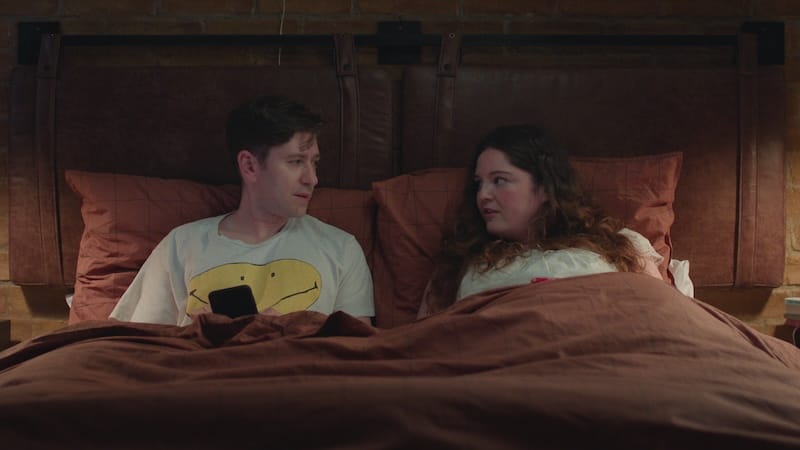
Maggie Nelson is one of those writers you either love or hate. I've read and enjoyed most of her work, but "Bluets," which sounded a little too conceptual for me, had been sitting on my bookshelf untouched for a solid decade until this week. The publisher, Wave Books, describes it as
a lyrical, philosophical, and often explicit exploration of personal suffering and the limitations of vision and love, as refracted through the color blue, while folding in, and responding to, the divergent voices and preoccupations of such generative figures as Wittgenstein, Sei Shonagon, William Gass and Joan Mitchell.
This single sentence description bored me, so I didn't have high hopes for enjoyment. 25% into the book, I went to Goodreads to see if anyone called it intellectually masturbatory. Instead, the reviews were all like,

Buoyed by effusive praise, I kept going and by the end, I was glad I did. Around stanza 82 (there are a total of 240), I was on Nelson's emotional wavelength and found myself respecting the way she'd drop a devastatingly personal admission followed by an outwardly distancing aside. As I read, I became less annoyed with what I initially saw as pretentious interjections — anthropological musings on the color blue, niche stories about writers I'm unfamiliar with and thus don't care about, etc. As time passes, I won't remember the content of this book at all, but I suspect the feeling I was left with after finishing will linger at least through the rest of the summer.
With age, I've taken to abandoning books or movies that don't instantly grab me, which I often think is a mistake. Yes, life is too short to struggle through something you're not enjoying; however, the desire for instant gratification is a curse of modern society and I refuse to let my brain turn to mush because of an unwillingness to be bored for a hot minute. Sometimes you can't trust your first impressions and need to push through annoyance in order to determine the accuracy of a negative first impression.
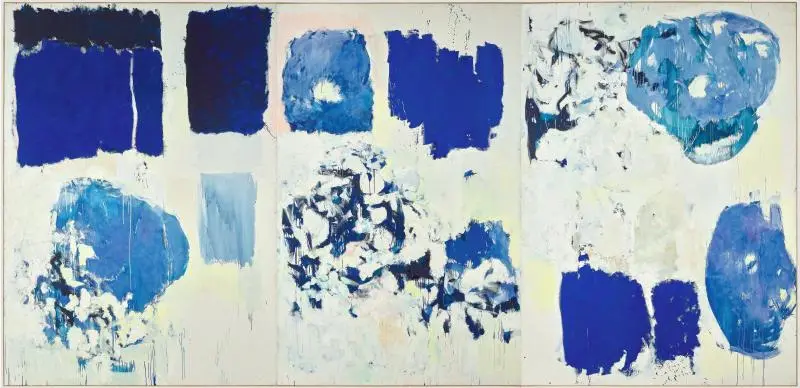
In this essay, Elena Gosalvez Blanco reflects on the period in her early twenties as Patricia Highsmith's assistant. She was 20 years old to Highsmith's 73, and aware that her boss was dealing with a terminal illness. The story's tagline, "I worked for the novelist in her final months. I thought she wanted to kill me," seems like the type of clickbait bullshit an editor would have inserted to make a straightforward recollection a bit sexier. Like, "Nice detail about the bouillon cube dinner, but do you think maybe Highsmith wanted to kill or fuck you? Let your mind run wild with unfounded claims based on her fiction and sexuality." I have no idea how The Yale Review editing process works; I'm merely speculating. Although it reeks of clickbait interference, maybe Gosalvez Blanco always intended to use this Ripley-esque angle. Regardless, it's an unnecessary framing device that, at worst, comes off as homophobic. It's giving
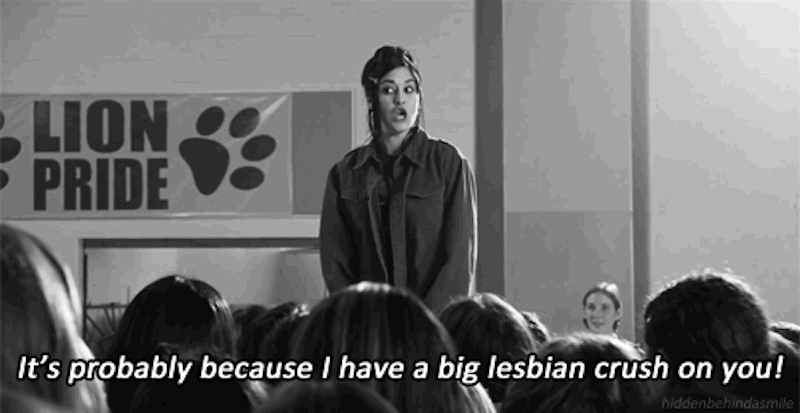
By all accounts, Highsmith was an awful person who was surely even more bitter and misanthropic in the time leading up to her death. I don't doubt that helping her was a nightmarish ordeal spawning the worst kind of paranoia. I wish Gosalvez Blanco had focused more on the strange details of her experience instead of trailing off into armchair analysis better suited for a personal journal. More of this:
Pat had shown me how to slice the cow lungs we got from the butcher who kept saying “Charlo-TTe.” And now, every morning, Charlotte [Highsmith's cat] circled my legs, pushing impatiently as I prepared her breakfast. When I cut the lungs with the kitchen scissors, the alveoli would explode, popping like tiny Bubble Wrap bubbles. It was an unsettling, disgusting sensation.
Less of this:
Eventually, I came to the conclusion that Pat had not been in love with me, and had not, of course, been trying to kill me, but I do think she both loved and hated the fantasy of being me: young, positive, loved, hopeful, straight, healthy, maybe even happy.
Sol LeWitt and Eva Hesse met in New York in the late 1950s. They lived near each other on the Bowery and ran in the same art circle, along with Robert Mangold and Sylvia Plimack Mangold (who, I just learned, are the parents of James Mangold, writer/director of "Girl, Interrupted"). It's hard to find a succinct backstory on LeWitt and Hesse's relationship, but it sounds like they both loved each other, only her in a platonic way, whereas he was interested in romance. Here's an excerpt from a review of Hesse's published diaries, which I should probably read because she sounds like the kind of self-loathing depressive I can fuck with:
“Eva was the love of Sol LeWitt’s life, and Eva loved Sol,” [artist Carl] Andre says. “I once asked Eva, ‘You know, Sol’s a great guy, a great artist, and he loves you. Why don’t you…?’ She said: ‘You don’t go to bed with your brother.’” Hesse’s journals back up this point. In 1966, she writes: “Sol gave it to me today. He wants more than our closeness; he wants total, complete relationship. I can’t blame him, but I can neither help him. I cannot give him what he wants.”
Whether or not there was an unrequited love thing going on, one fact remains: LeWitt gave some of the best advice I've ever heard about quashing a creative block. If you don't want to read the letter, let Benedict Cumberbatch do it for you (in a shockingly decent American accent):
I, like one of the YouTube commenters, periodically return to it when I need a reminder that, when pursuing an artistic endeavor (or anything at all), it's usually necessary to shut out the world and temporarily create your own reality. Make stuff, even if it sucks especially if it sucks. Suckage is part of the process, as is learning how to free yourself from the shame of producing garbage. For a letter that contains the phrase "piss-trickling," LeWitt's advice is remarkably level-headed, never sounds patronizing, and is genuinely encouraging. May we all have this caliber of friend/peer.
One of the best things my husband does is find random cats on the internet and text me elaborate stories about them. For example, this little cutie:
And here is a small snippet of her attached lore:
Luke: Ok, so you’re picking apples in the upper Hudson valley when you hear a squeak coming from above you. You look up and see this girl. You ask why she’s hiding in a tree, and she says she owes some money to a gang of loan sharks. She got behind on payments because her sister got the whooping cough and she had to buy medicine for her. But now they said she’s out of time and they are gonna break her legs if they find her. Do you hide her in your apple basket and risk the wrath of the mob? Do you offer to pay off her debts? Do you go into a rage and hunt down the loan sharks and burn their enterprise to the ground, tracking each and every one of them down and ending their pitiful existences.
Lindsay: Are they going to break all four of her legs? Did her sister recover from the whooping cough? If I help her by doing murders, will she promise to wear a little knit hat with holes cut out for the ears?
Luke: With cats, they break front right, left rear. Her sister didn't recover. Turns out, her parents were anti-vax and she didn't get the medicine in time. As for the murders, that's your call. But she would wear a knit hat for free. She loves all things yarn. It's a stereotype for a reason.
Lindsay: Ok, also... are the loan sharks cats?
Luke: In this case, it's hummingbirds. Historically, it's birds that dominate the financial market. It's retribution for cats hunting birds for all of history. Now they prey on cats in financial binds with usury and predatory payday lending tactics.
If you don't hear from me again, it's because I've been arrested and am now awaiting trial for killing a bunch of hummingbirds in a fit of vigilante justice.
I leave you with this photo of Ann Lockley taken for a 1938 National Geographic story. Her father was an ornithologist who moved to the island of Skokholm with his wife to study migratory birds in 1927. They were the island's only inhabitants. Ann was born in 1930 and grew with animals, like this spiny lobster and baby hawk, as her only playmates.
